A decorative garden wall is more than just a boundary; it’s a canvas for creativity, a shield against the elements, and a stunning focal point for your outdoor space. Having recently constructed one in my own backyard, I can share the joys and insights that come with designing and building a garden wall that not only enhances aesthetic appeal but also provides functionality.
In this comprehensive guide, we will delve into the various types of decorative garden walls, discuss their benefits, explore design options, and provide insights on materials and maintenance. Whether you’re looking to add privacy, style, or structure to your garden, this article will support you every step of the way.
What is a Decorative Garden Wall?
A decorative garden wall is typically a vertical structure that enhances the beauty and privacy of outdoor spaces. Unlike traditional fences, these walls often feature artistic designs, textures, and colors that complement the garden’s landscape. They can serve various purposes, including:
- Providing privacy and security
- Creating a windbreak
- Defining garden spaces
- Supporting climbing plants
- Enhancing landscape aesthetics
The Benefits of Installing a Decorative Garden Wall
There are numerous reasons to consider adding a decorative garden wall to your property. Here are a few key benefits:
1. Aesthetic Appeal
A well-designed garden wall can significantly enhance the visual appeal of your garden, creating a stunning backdrop for your plants and flowers.
2. Increased Property Value
Properties with attractive landscaping tend to sell for more. A decorative wall can be a unique feature that sets your home apart in the real estate market.
3. Improved Privacy
Unlike standard fences, a garden wall can provide solid privacy without compromising the beauty of your landscape.
4. Soil Erosion Control
If your garden is on a slope, a decorative wall can help prevent soil erosion by stabilizing the soil and creating terraced garden beds.
5. Support for Plants
Many decorative walls can accommodate climbing plants, which can further enhance their beauty and create a more lush environment.
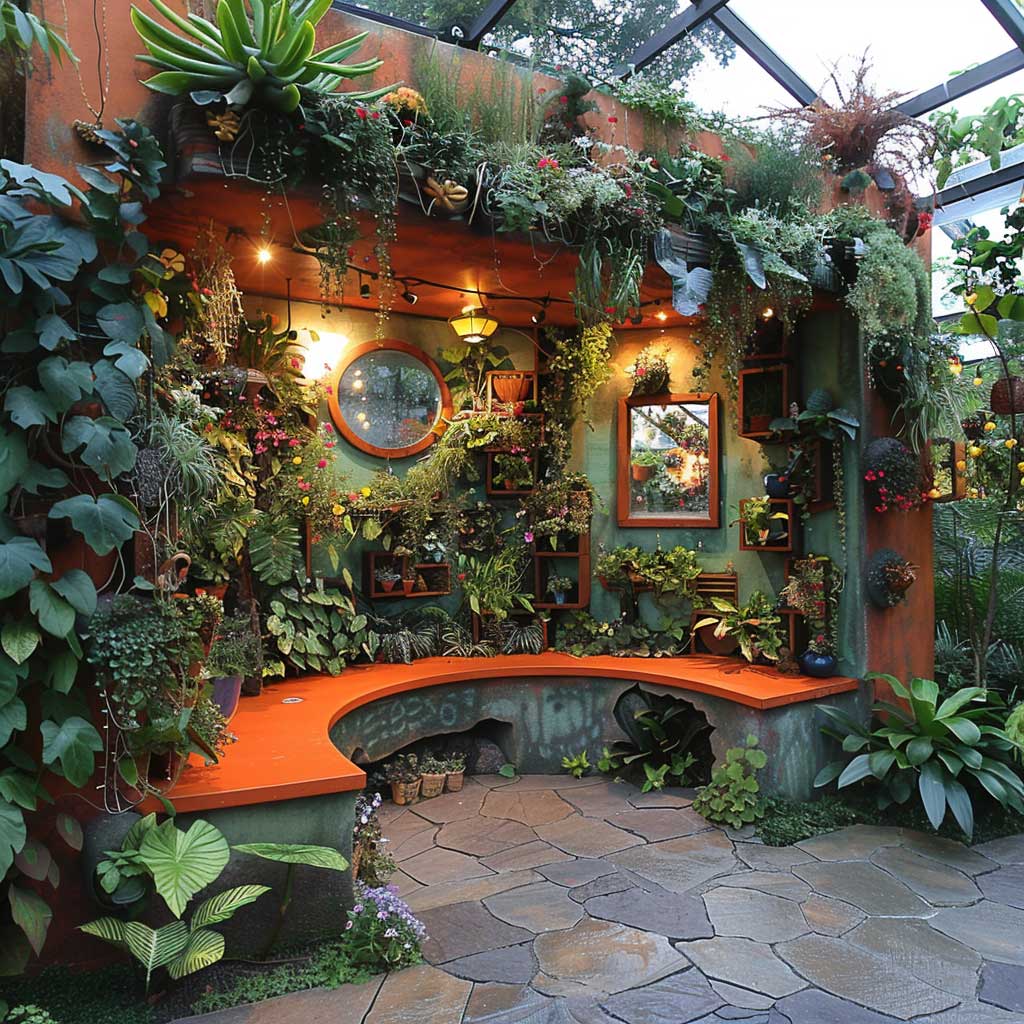
Choosing the Right Material for Your Garden Wall
When it comes to constructing a decorative garden wall, the choice of materials is crucial. Here are some common options, along with their pros and cons:
| Material | Pros | Cons |
|---|---|---|
| Brick | Durable, classic look, good insulation | Can be expensive, labor-intensive |
| Stone | Natural appearance, long-lasting | Heavy, costly, may require a foundation |
| Wood | Versatile, easy to install, affordable | Requires regular maintenance, can rot |
| Concrete | Strong, customizable, low maintenance | Plain look, can be cold and industrial |
| Gabion | Eco-friendly, unique design, good drainage | Can be costly to fill, heavy |
The choice of material will depend on your personal style, budget, and the specific needs of your garden.
Design Ideas for Your Decorative Garden Wall
Here are some creative design ideas to inspire your garden wall project:
1. Vertical Gardens
Incorporate a vertical garden into your wall by using wall planters or trellises for climbing plants. This not only adds green but can help filter air and improve the microclimate.
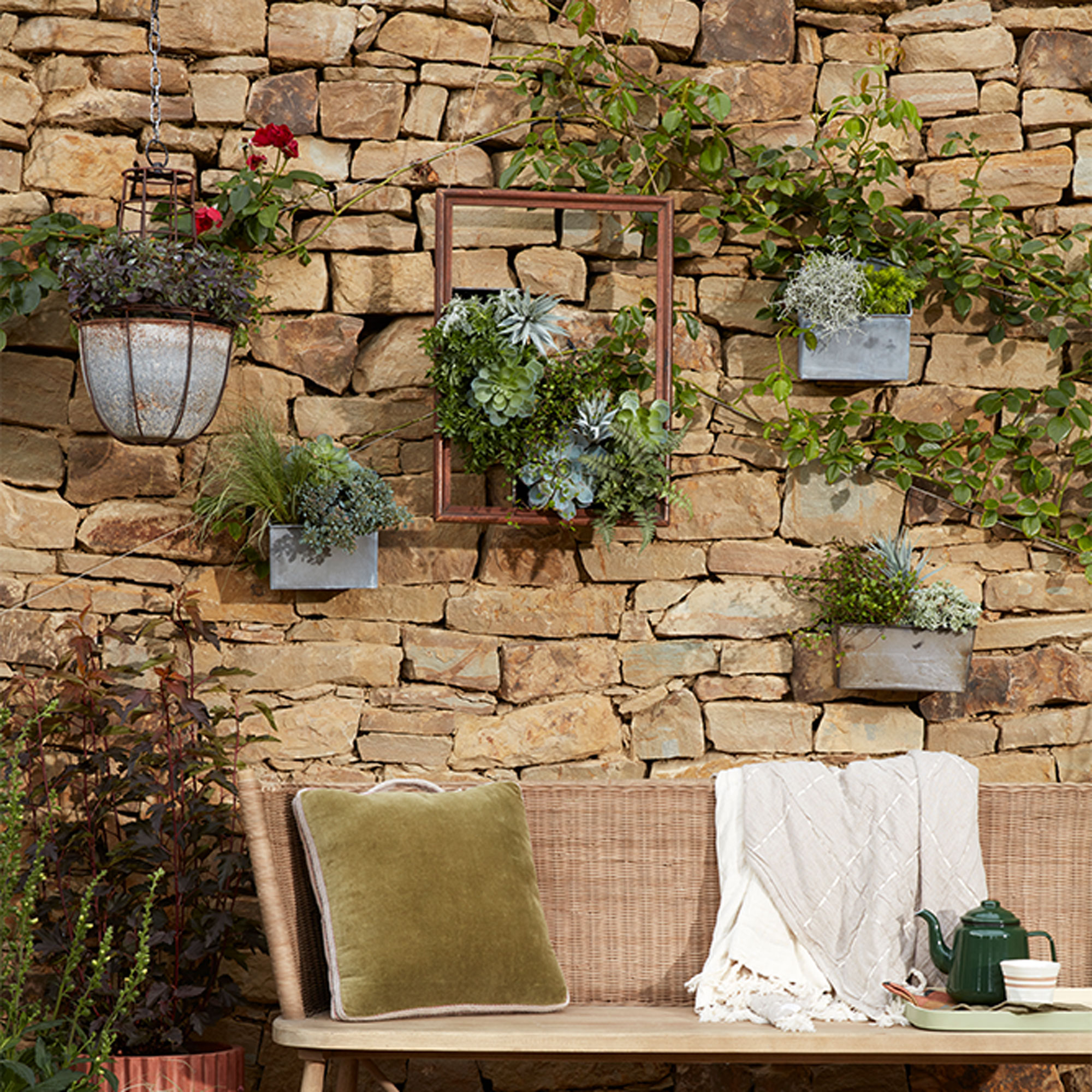
2. Mosaic Patterns
Use colorful tiles or stones to create a mosaic design on your wall, adding an artistic flair that can become a conversation starter.
3. Incorporate Lighting
Installing lights can create a magical ambiance during nighttime, highlighting the beauty of your decorative wall and surrounding garden.
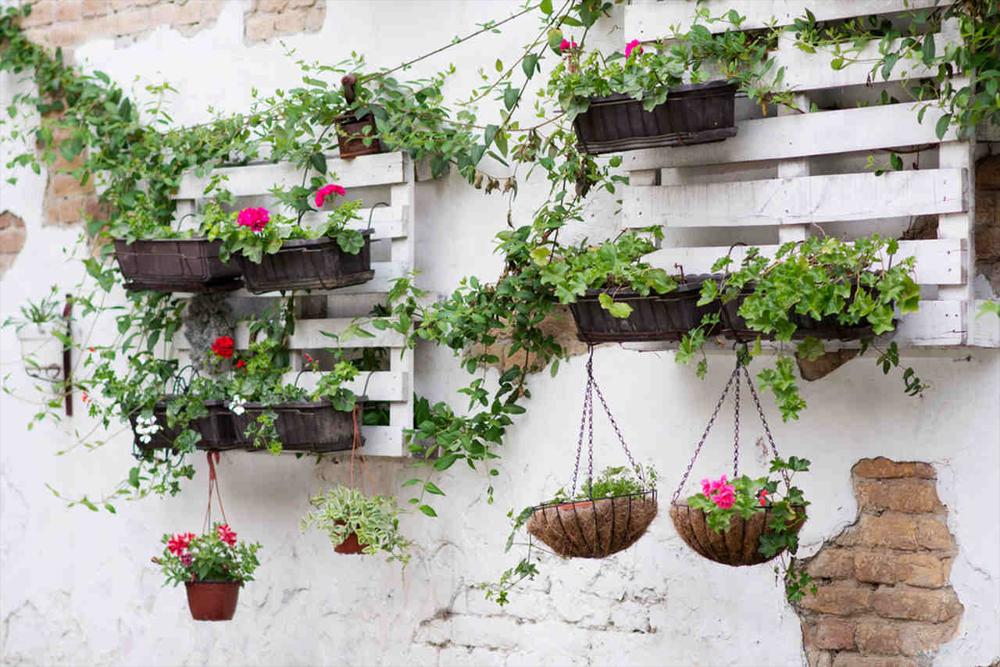
4. Water Features
A wall with a water feature can add tranquility and movement to your garden, with the gentle sound of flowing water enhancing the overall atmosphere.
5. Built-in Seating
Design your wall with built-in seating. This creates a cozy nook to relax in your garden or enjoy outdoor gatherings with family and friends.

DIY vs. Professional Installation
Deciding whether to build your decorative wall yourself or hire a professional can depend on various factors. Here’s a comparison:
| Aspect | DIY | Professional |
|---|---|---|
| Cost | Lower; only material costs | Higher; includes labor costs |
| Time | Longer; dependent on your schedule | Usually quicker; experienced team |
| Skill Level | Requires some construction skills | Expert knowledge and experience |
| Customization | Fully customizable to personal preferences | Can also be customized, but may be limited by contract |
Reflect on your abilities and what you want from the wall to make the right decision.
Maintaining Your Decorative Garden Wall
Like any structure, a decorative garden wall requires maintenance to keep it looking its best. Here are a few tips to ensure longevity:

1. Regular Cleaning
Depending on the material, some walls may need routine pressure washing or scrubbing to remove dirt, algae, or mildew.
2. Inspect for Damage
Regularly inspect for cracks, rot, or other damage. Address any issues promptly to prevent more significant repairs down the line.
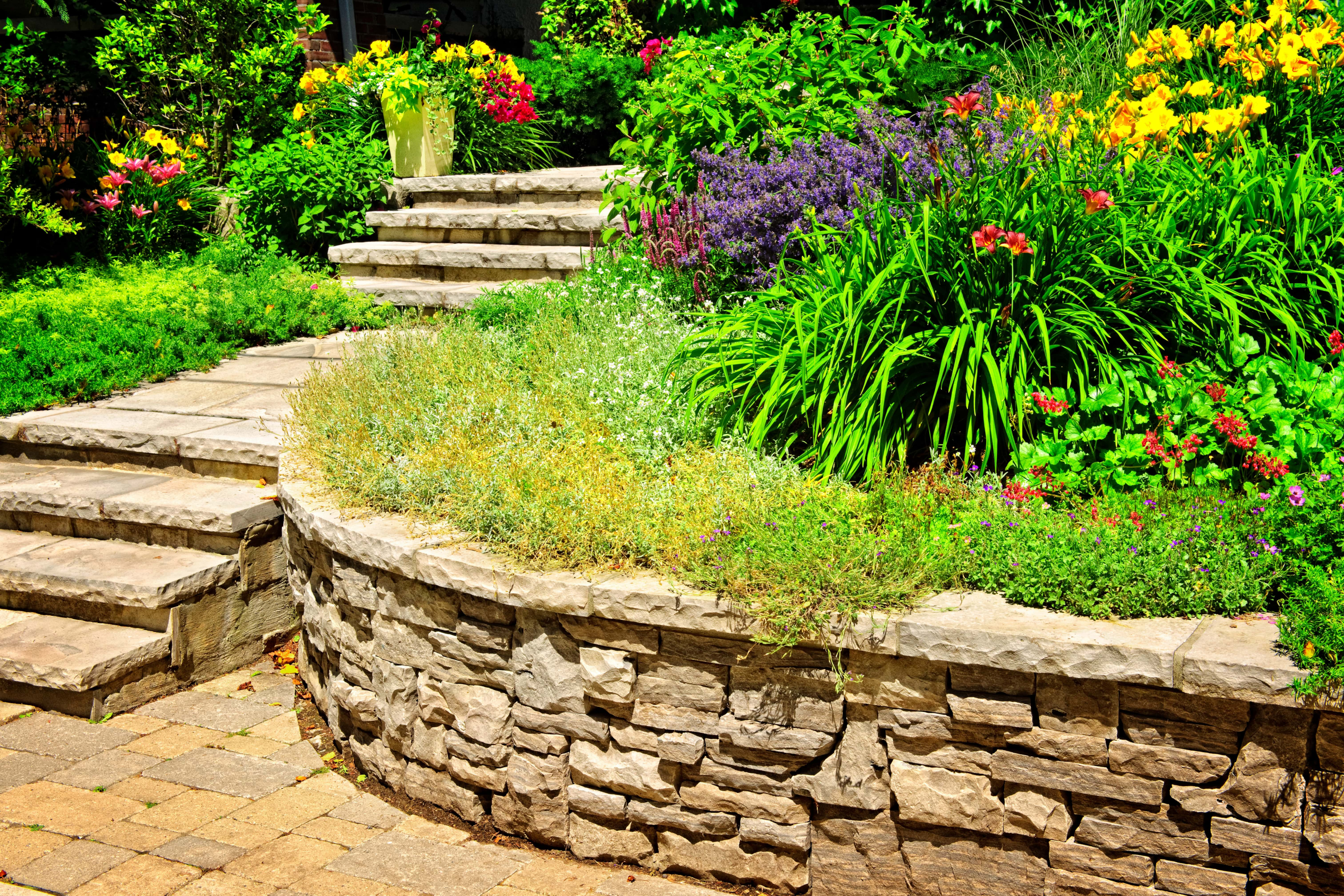
3. Treat for Pests
Wood walls in particular should be treated for pests to prevent infestations that can compromise the stability of your wall.
4. Repaint or Re-stain
If you have a wooden or painted wall, consider re-staining or repainting as necessary to maintain its appearance and protect it from the elements.
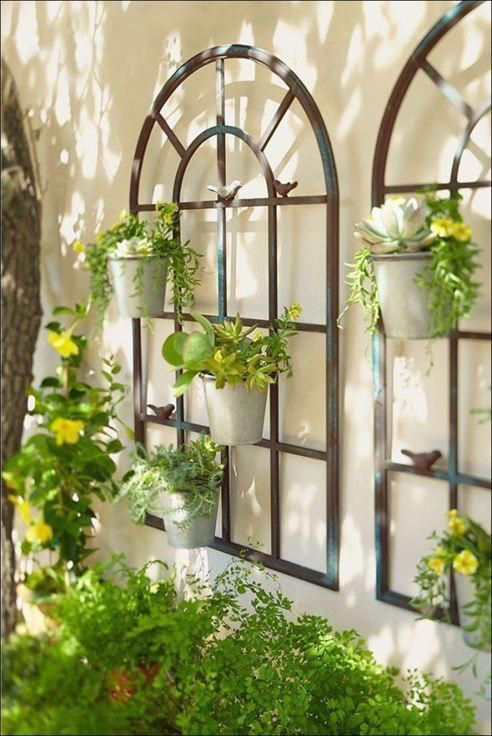
Frequently Asked Questions (FAQs)
What is the main purpose of a decorative garden wall?
The primary purpose is to enhance the aesthetic appeal and functionality of your garden by providing privacy, support for plants, and defining spaces.
How tall should a decorative garden wall be?
The height should be decided based on your needs for privacy and security, but typically ranges from 3 to 6 feet.
Can I incorporate electricity into my garden wall design?
Yes, you can include electrical elements such as lighting or outlets, but it’s advisable to hire a professional for safe installation.
What types of plants can I grow on a decorative garden wall?
Climbing plants such as ivy, jasmine, or climbing roses are excellent options that can adorn your garden wall beautifully.
Are decorative garden walls expensive?
The cost can vary significantly depending on materials, design complexity, and whether you choose DIY or professional installation.